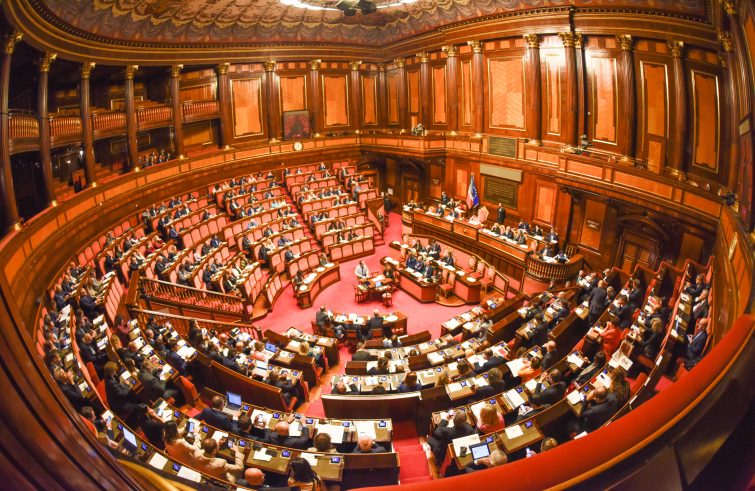
Although it somewhat gives the nod to Italian dioceses, the Consolidated Text recently submitted to the Chamber of Deputies does not alter the significance of the new and controversial bill against, among other things, homophobia, lesbophobia, biphobia, transphobia. This bill responds to a specific cultural rationale. It is an insinuating ideology, one that views society not as an organic whole and as a community, but as a highly conflicting, segmented and individualistic one. The path chosen to protect minorities and all fragile brackets is not convincing, first of all for a cultural reason.
The presidency of the Italian Bishops’ Conference on 10 June last underlined this in tactful, yet very clear, timely terms.
There is no doubt that “discrimination – including discrimination based on sexual orientation – constitutes a violation of human dignity, which – as such – must always be respected in words, actions and legislation.” However, Italian legislation already provides for the relevant guarantees: “an objective analysis of the provisions for the protection of the human person, enshrined in the legal framework of our country, shows that pertinent mechanisms for preventing and repressing all violent or persecutory behaviours are already in place.”
Hence, the laws must be applied. Adding more regulations, more words to words, does not serve the purpose of “public order” but rather that of a cultural order. There are no gaps to fill, there is no regulatory void.
In fact this bill is not intended (only) to punish what must be punished and can be punished via existing legislation. Like all laws it aims (above all) to educate. It introduces and validates gender identity and sexual orientation definitions that are clearly aligned with strongly ideological criteria.
This must be carefully monitored.
This is why a new law on these questions is unnecessary: “the potential creation of additional incriminating legislation would risk paving the way for liberticidal drifts, whereby – rather than penalizing discrimination – the ultimate result would be to punish legitimate opinion, as can be seen from the experience of legal systems in other countries where similar legislation has already been enacted. For example, prosecuting whoever believes that the family is formed by a father and a mother – and not by the duplication of the same figure – would mean creating an opinion-related offence. This de facto limits personal freedom, educational choices, the way of thinking and being, critical thinking and dissent.”
This is the real conundrum: a cultural, hence social and civil, issue. This law was not needed to punish those who must rightly be punished. And nor is it relevant to teaching a misconception of gender ideology. Rather, we must continue teaching respect for each and every one. It’s a challenging and complex task, for which many dedicate themselves with passion and selflessness. And they must continue to do so in total freedom.


